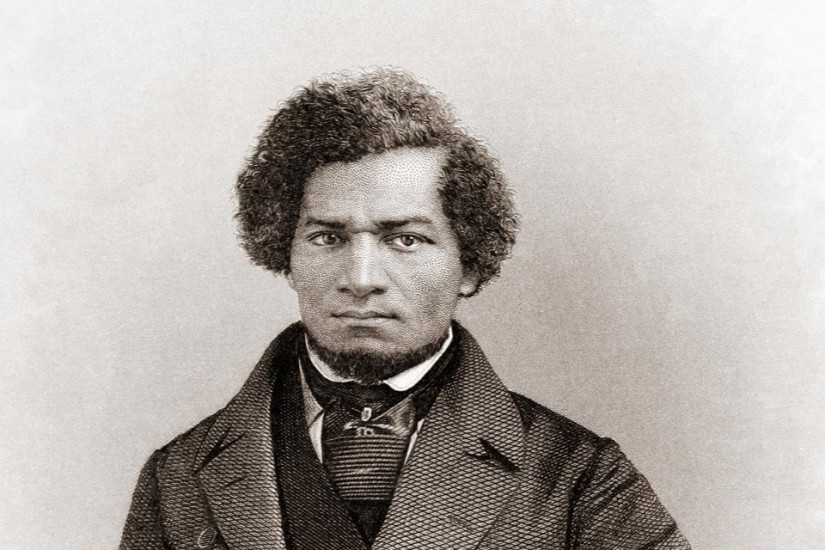Douglass was once called an “illustrious exile” for his triumphant antislavery lecture tours in Ireland, Scotland and England between 1845 and 1847 (while still a fugitive). But even more importantly, he was perhaps America’s most illustrious internal exile. Indeed, until the Civil War all African Americans, slave or free, lived as exiles of a kind in their own land. They were either owned as property, or if free, their civil and political rights were severely restricted.
One place to begin to understand our long history with the controversies over immigration is with Douglass. “No man can tell the intense agony,” wrote the memoirist in 1855 while remembering his flight, “which is felt by the slave, when wavering on the point of making his escape. All that he has is at stake; and even that which he has not, is at stake also. The life which he has may be lost, and the liberty which he seeks, may not be gained.”
Throughout modern history, the millions forced to flee as refugees and beg for asylum have felt Douglass’s agony, and thought his thoughts. So many nameless and faceless Syrians or Libyans, Iraqis or Sudanese, Iranians or Serbians have felt the same terrors in deserts, and in the billows of the Mediterranean. And now in airports and immigration offices, on college campuses and in the kitchens of most American restaurants. This is an ancient story; America came to it late, but with historical eyes open this nation knows it well.
